Description
“Vinoba Bhave: Encyclopaedia of Saints of India” by S R Bakshi and Sangh Mittra is a comprehensive tribute to Vinoba Bhave, a revered spiritual leader and social reformer of India. The book delves deep into the life and teachings of Vinoba Bhave, showcasing his immense contributions to Indian society and his unwavering commitment to the principles of non-violence, truth, and selflessness. Through meticulous research and a wealth of information, the authors present a remarkable portrait of this saintly figure, shedding light on his spiritual journey, activism, and lasting impact on the nation.
This encyclopedic volume is divided into several sections that cover various aspects of Vinoba Bhave’s life and work. From his early years and association with Mahatma Gandhi’s freedom movement to his Bhoodan (land gift) movement and philosophy of Sarvodaya (welfare of all), the book provides a comprehensive overview of Vinoba Bhave’s endeavours. It also explores his interactions with prominent personalities, his initiatives for rural development, and his thoughts on education and social justice. This book is a treasure trove of knowledge for those seeking to understand the life and teachings of Vinoba Bhave, as well as the socio-political context of his time.
In the first section of the book, the authors delve into Vinoba Bhave’s early life and spiritual awakening. They trace his journey from his birth in Maharashtra to his encounters with notable spiritual leaders, which ultimately led him to embrace the path of non-violence and social transformation. The narrative captures the essence of Bhave’s spiritual evolution, highlighting the profound impact it had on his later work.
The subsequent sections of the book focus on Vinoba Bhave’s activism and social initiatives. The authors provide a detailed account of his involvement in Mahatma Gandhi’s freedom movement and the pivotal role he played in promoting the constructive program, which aimed at building a self-reliant and inclusive society. The Bhoodan movement, a central theme in Vinoba Bhave’s life, is meticulously explored, shedding light on his efforts to redistribute land to landless farmers.
Moreover, the book discusses Vinoba Bhave’s philosophy of Sarvodaya, which advocates for the welfare and upliftment of all sections of society. It delves into his views on education, emphasizing the need for holistic development and moral values. The authors also examine Bhave’s perspectives on social justice and his tireless efforts to bridge the gap between the privileged and the marginalized.
“Vinoba Bhave: Encyclopaedia of Saints of India” is a well-researched and authoritative work that offers a comprehensive analysis of Vinoba Bhave’s life and teachings. The authors have meticulously collected and organized a vast amount of information, enabling readers to gain a nuanced understanding of Bhave’s thoughts, actions, and the socio-political climate in which he operated.
One of the strengths of this book is its attention to detail. The authors leave no stone unturned in presenting a thorough account of Vinoba Bhave’s life. From his interactions with spiritual leaders to his travels across the country, every significant event is explored, providing readers with a comprehensive picture of his journey.
Another commendable aspect of the book is its balanced approach. The authors present multiple perspectives and opinions, allowing readers to form their judgments about Vinoba Bhave’s work. They also critically examine the challenges faced by Bhave and his movement, shedding light on the complexities of social reform.
Moreover, the book benefits from its inclusion of primary sources, such as Vinoba Bhave’s speeches, letters, and interviews. This allows readers to directly engage with Bhave’s words, gaining insight into his ideology and vision.
“Vinoba Bhave: Encyclopaedia of Saints of India” stands out as a comprehensive and well-rounded account of Vinoba Bhave’s life and contributions. While there are other books available on Vinoba Bhave, this particular work distinguishes itself through its encyclopedic nature, presenting a holistic view of his journey. It surpasses biographies that focus solely on his spiritual aspects or social activism, providing a comprehensive understanding of his philosophy and actions.
In comparison to other books on Indian saints and social reformers, this encyclopedic work offers a distinct advantage. It provides a detailed account of Vinoba Bhave’s life while situating it within the broader context of Indian history and the freedom movement. By doing so, it not only highlights Bhave’s contributions but also underscores the interconnectedness of various social reform movements in the country.
“Vinoba Bhave: Encyclopaedia of Saints of India” explores several key themes that emerge from Vinoba Bhave’s life and teachings. One prominent theme is the power of non-violence and truth in effecting social change. Bhave’s commitment to non-violence, as exemplified through his Bhoodan movement and his interactions with various communities, serves as a powerful testament to the transformative potential of peaceful means.
Another significant theme is the importance of rural development and self-reliance. Vinoba Bhave’s focus on uplifting the rural masses and his Bhoodan movement’s emphasis on land redistribution are central to this theme. The book delves into Bhave’s efforts to empower farmers and rural communities, highlighting the impact of these initiatives on social equity and rural development.
Additionally, the book explores the concept of Sarvodaya and its relevance in contemporary society. Vinoba Bhave’s philosophy of welfare for all and his vision of an inclusive society provides thought-provoking insights into social justice, equality, and the role of individuals in bringing about positive change.
As a non-fiction work, “Vinoba Bhave: Encyclopaedia of Saints of India” does not focus on character development in the traditional sense. However, it showcases Vinoba Bhave as the central figure, providing a detailed account of his life, beliefs, and actions. The authors paint a vivid and multi-dimensional portrait of Bhave, presenting him as a deeply spiritual person, an astute strategist, and a compassionate leader dedicated to the welfare of society.
About the Authors:
S R Bakshi and Sangh Mittra, the authors of “Vinoba Bhave: Encyclopaedia of Saints of India,” are renowned scholars and historians with expertise in Indian history and culture. S R Bakshi has authored numerous books on the Indian freedom movement and prominent figures, while Sangh Mittra has contributed extensively to the study of social and political movements in India. Their combined expertise and meticulous research are evident in the comprehensive and insightful nature of this book.
The writing style of “Vinoba Bhave: Encyclopaedia of Saints of India” is scholarly and informative, yet accessible to readers with varied backgrounds. The authors have succeeded in presenting complex ideas and historical events clearly and engagingly. The book is well-structured, with each chapter building upon the previous one, creating a cohesive narrative that captivates the reader’s attention.
The authors’ attention to detail and extensive use of primary sources, such as speeches and letters, lend credibility and authenticity to the work. The language is precise, and the authors strike a balance between providing historical context and delving into the personal aspects of Vinoba Bhave’s life, resulting in a well-rounded and engaging reading experience.
What People Say About This Book:
“Vinoba Bhave: Encyclopaedia of Saints of India” has received widespread acclaim from scholars, historians, and readers interested in Indian history and social reform. Critics laud the book for its comprehensive approach, meticulous research, and the authors’ ability to present a holistic view of Vinoba Bhave’s life and work.
Readers appreciate the authors’ attention to detail and their ability to capture the essence of Vinoba Bhave’s teachings and philosophy. The inclusion of primary sources and multiple perspectives adds depth and nuance to the narrative, allowing readers to form their interpretations and engage critically with the material.
- Comprehensive and encyclopedic account of Vinoba Bhave’s life and teachings.
- Meticulously researched with extensive use of primary sources.
- Balanced approach, presenting multiple perspectives and opinions.
- Thought-provoking exploration of key themes such as non-violence, rural development, and social justice.
- Engaging and accessible writing style that appeals to a wide range of readers.


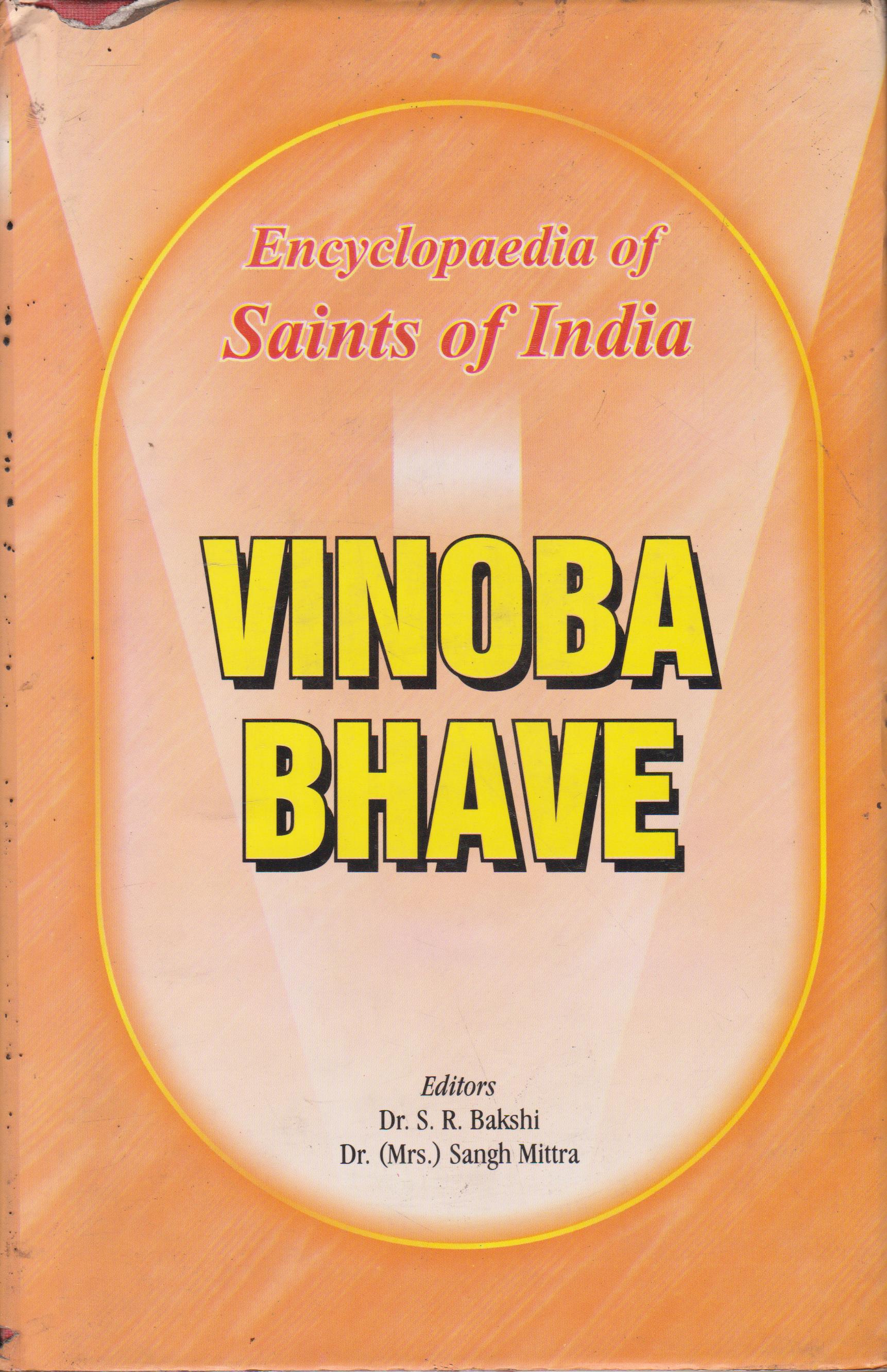
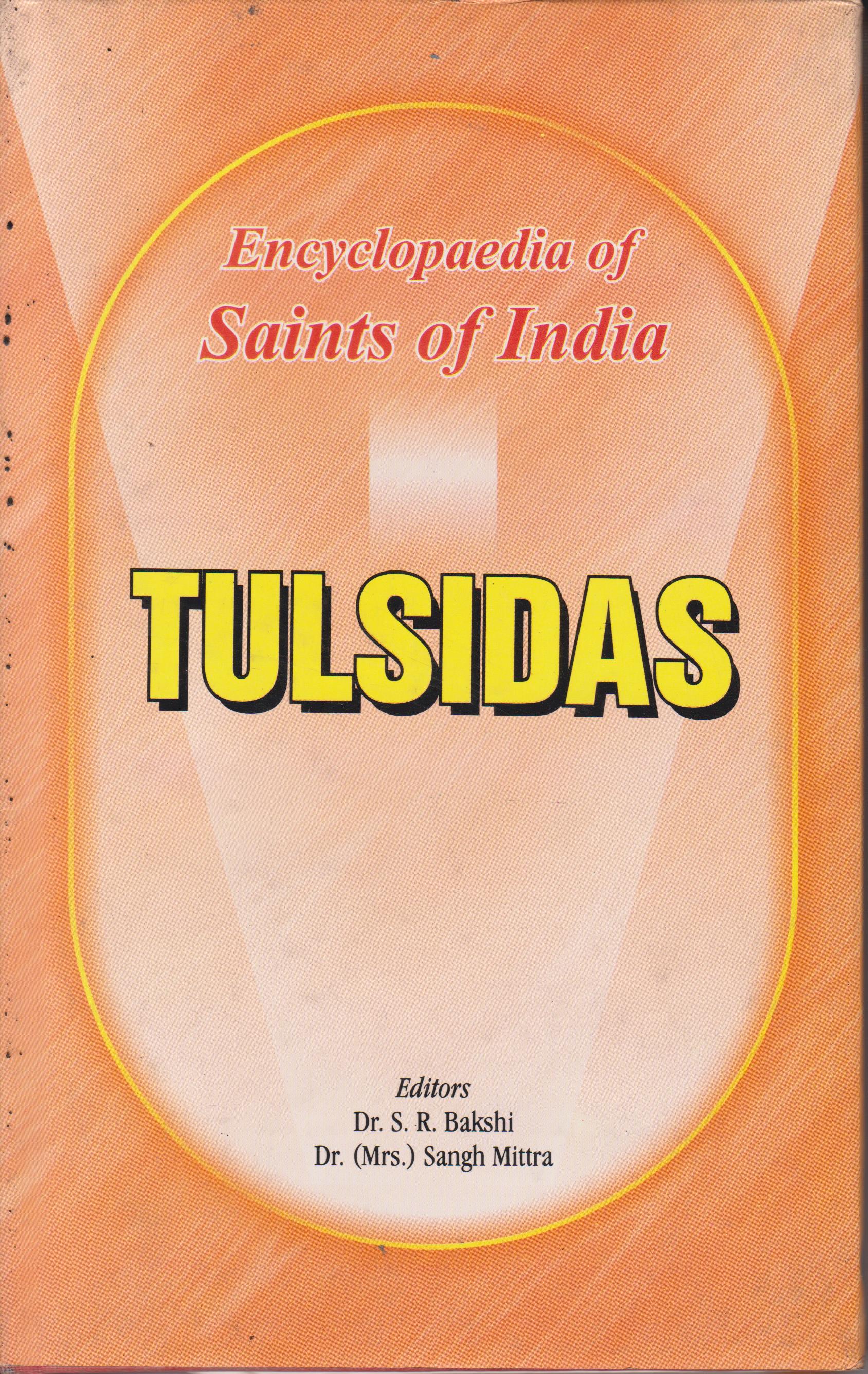
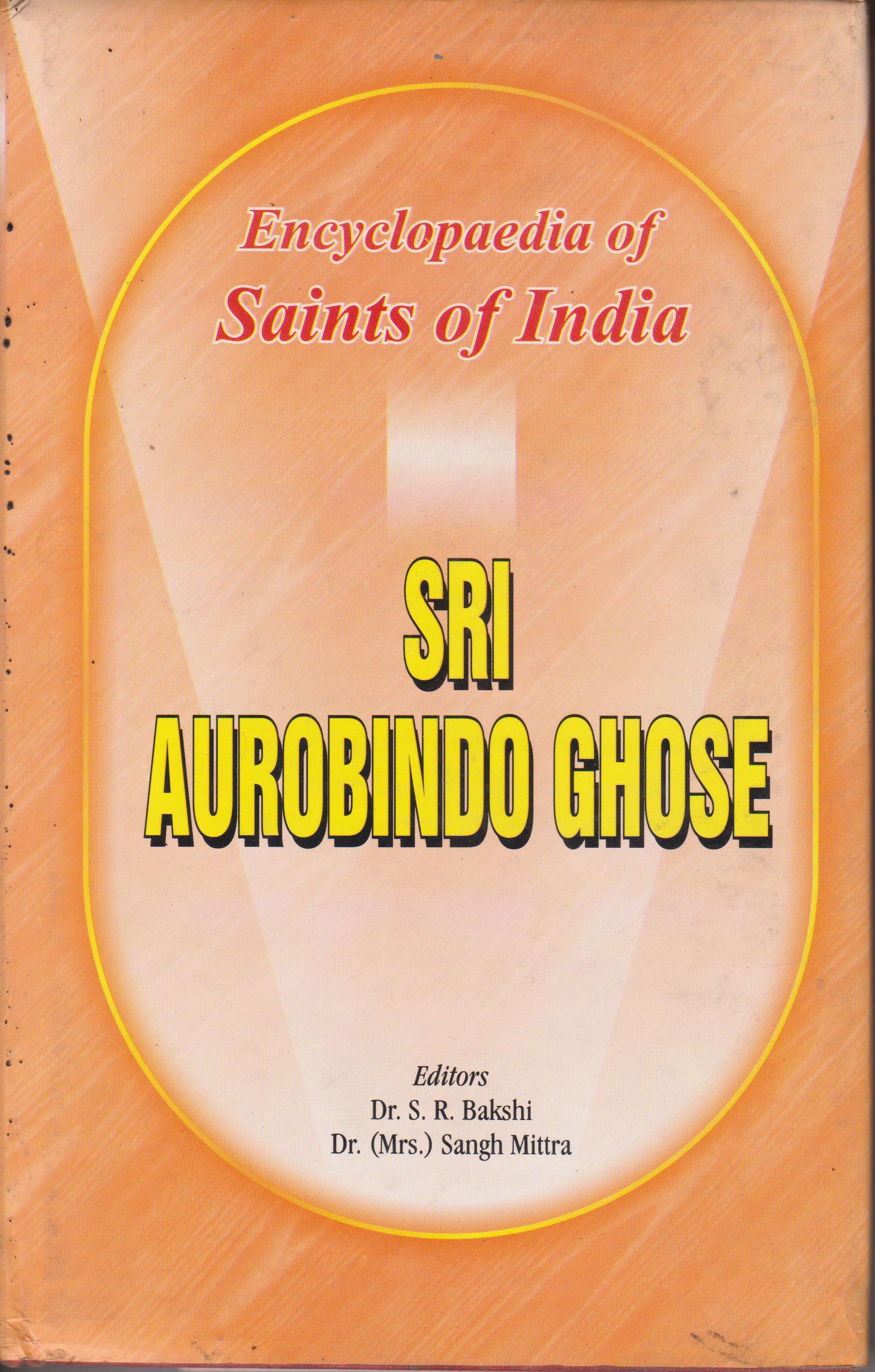
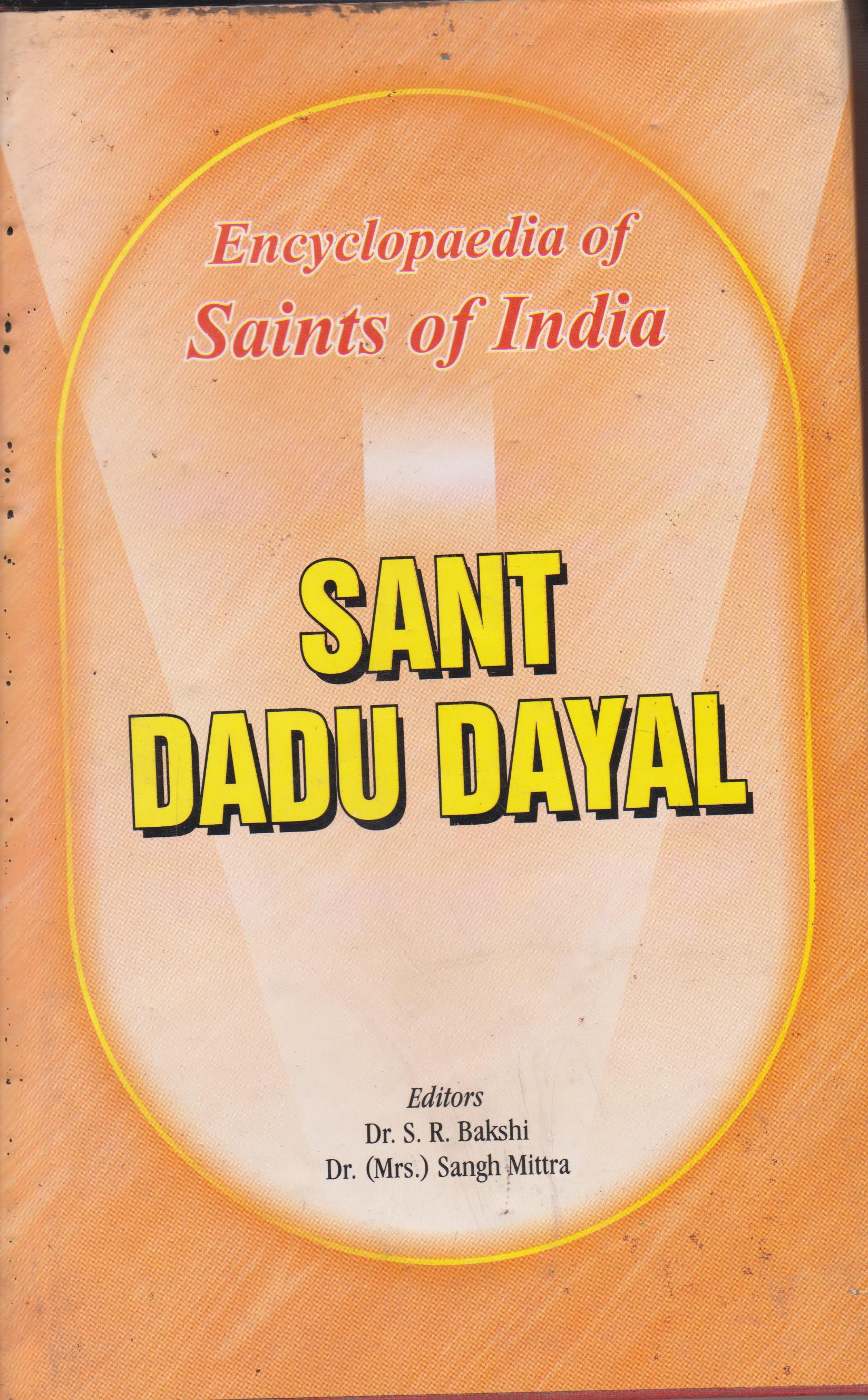

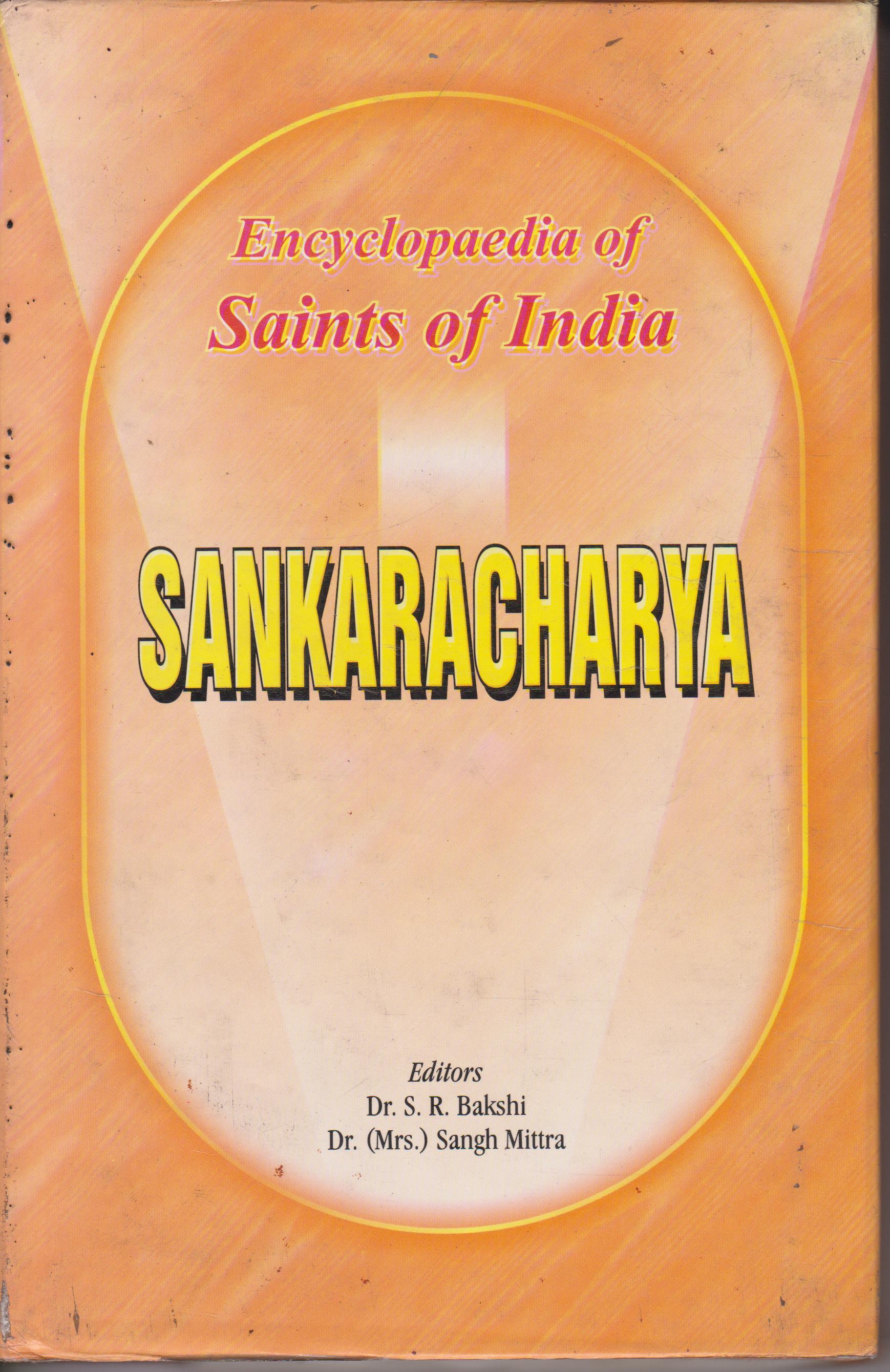
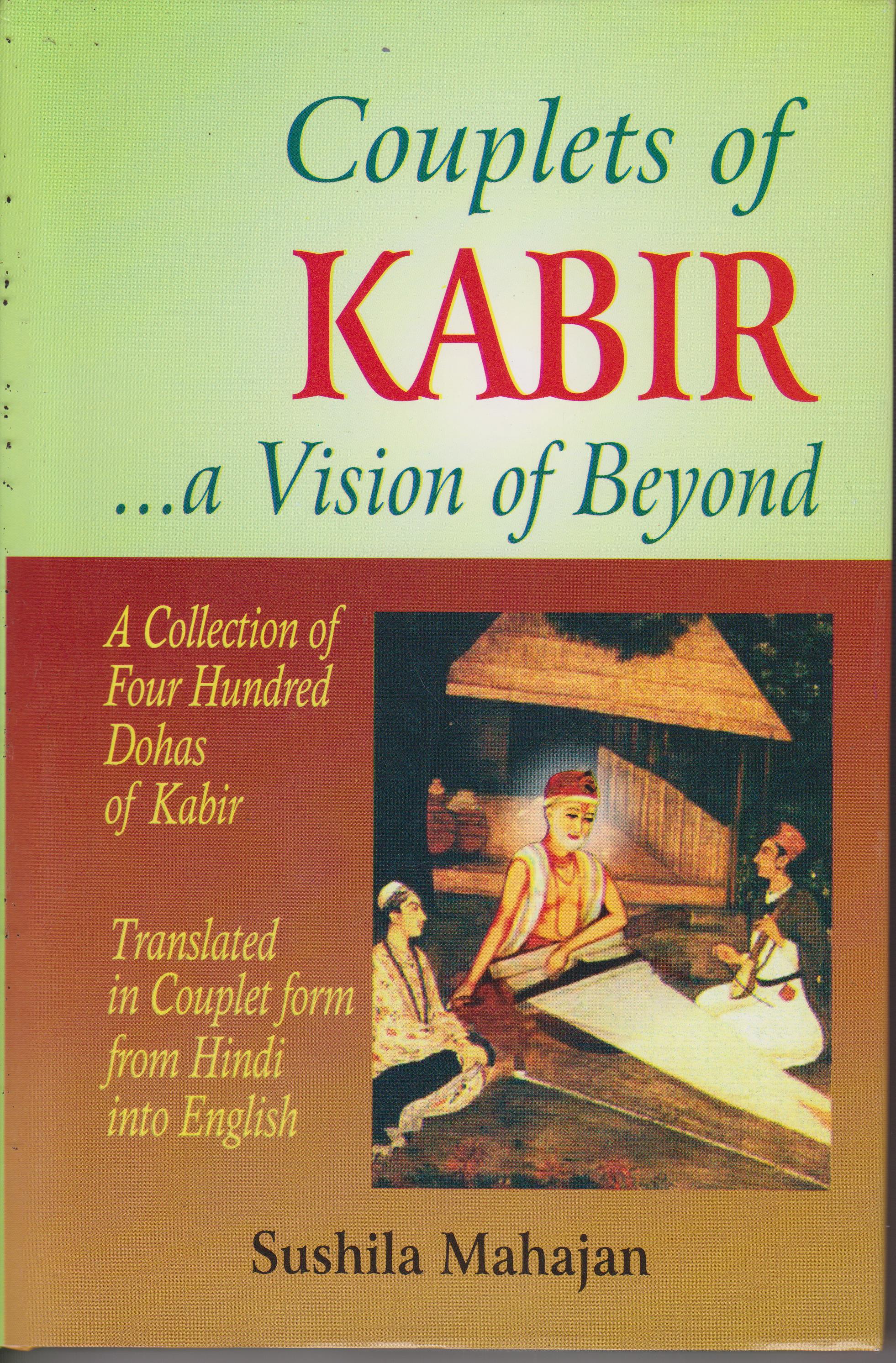


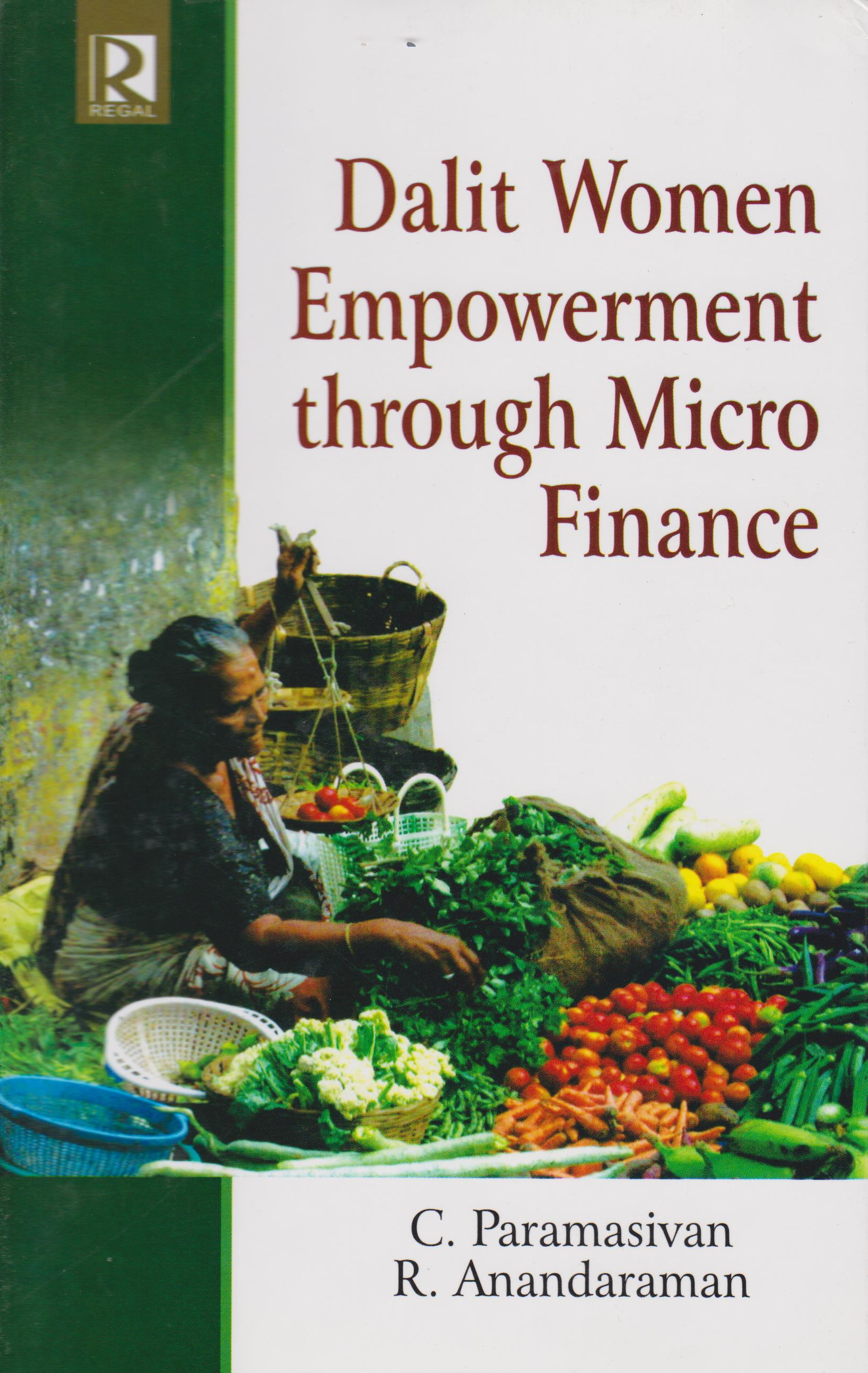
Reviews
There are no reviews yet.